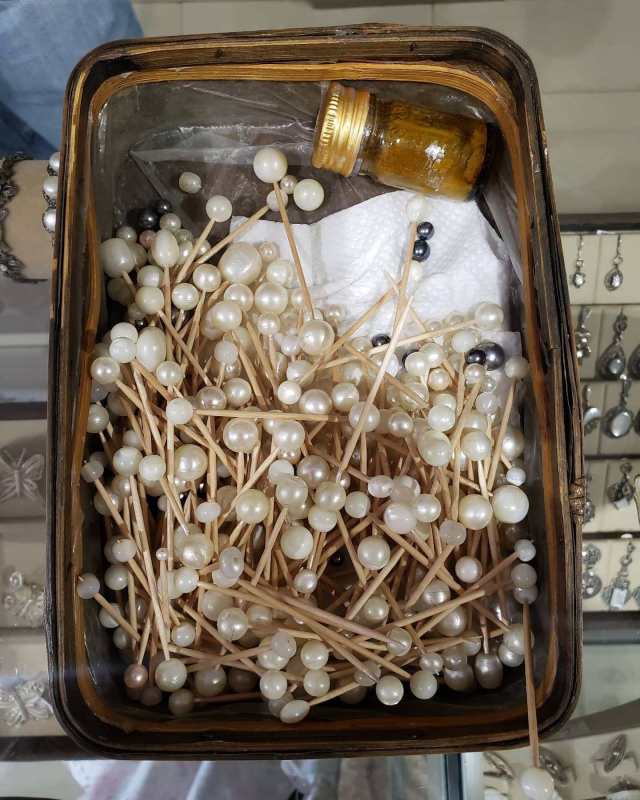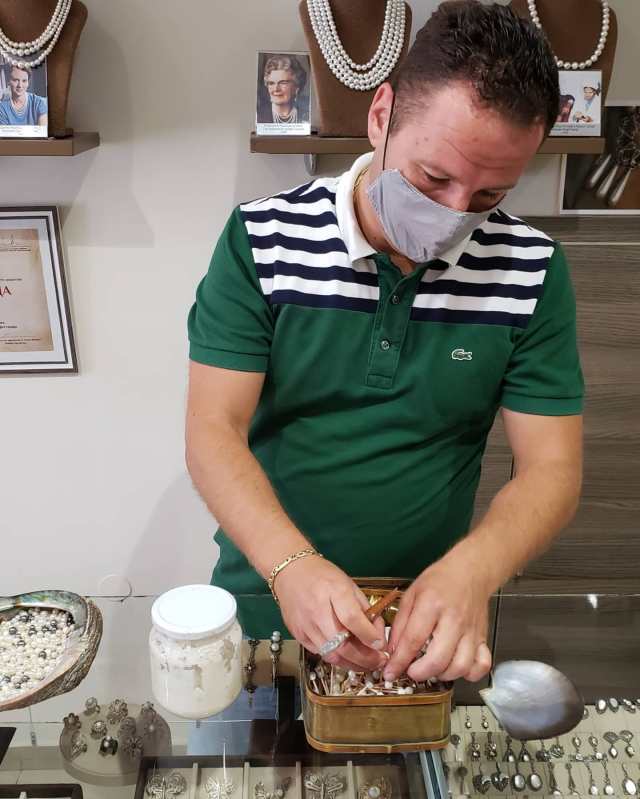
Lake Ohrid is one of my favourite places. The water of this deep and mysterious lake seems to glam with translucent incandescence and a hue of blue that cannot be seen anywhere else. The snow-capped mountains and rolling hills that surround it, and the multicoloured hulled boats that line up along its shores cement its place as one of the most photogenic and visually stunning places in Albania.
The lake is a “superlative natural phenomenon” and is home to hundreds of endemic species of flora and fauna, as well as being one of the oldest and deepest lakes in Europe. Having existed for over 2 million years, a fascinating array of wildlife has thrived there, unlike anything found elsewhere.
Pogradec sits on the Albanian side but the main city on the North Macedonian side is the city of Ohrid. That is where I went this weekend.

Home to over 42,000 people it was also known as the “Jerusalem of the Balkans” due to the fact it was once home to 365 churches- one for each day of the year. Today, many of those churches are gone but it’s still a glorious city full of interesting things to see and do and delicious things to eat. Ohrid is also one of the few places in the world that is both a Cultural and Natural World Heritage Site.

It’s one of the oldest human settlements in Europe. Most of the main city was built from the 7th Century onwards and is home to a Byzantine monastery from the 11th Century. UNESCO says that the architecture of Ohrid represents some of the best examples of ancient urban architecture in the region.
A multicultural city, it’s home to Albanian, North Macedonian, Turkish, and Roma communities and Albanian is an official second language. The city also has certain areas that are predominantly inhabited by members of these communities.
The city itself is split into several areas, mainly the old town and the new town. The old town sits below the castle, comprising winding cobbled streets, beautiful old villas and townhouses, and cafes dotted along the edge of the lake. From here, you can stare over the hazy water and watch the fishing boats jittering in and out of the port.
There is a real mixture of architecture in the city; ancient buildings and churches, modern tower blocks and high-rises, Byzantine ruins, Ottoman houses, and more modern colonial-style villas and buildings.
Today, Ohrid has a wonderfully bohemian and relaxed vibe. Throughout its maze of streets are a wide range of cafes, bars, and restaurants with quirky decor and music playing. There are plenty of gift shops selling souvenirs, artisanal food and wine, local crafts, and general items such as clothing and electronics. But one of the shops that caught my interest was the Filevi Ohrid Pearl shop.

I had noticed many jewellery shops throughout the city, all selling “Ohrid Pearls” but I was confused as to what they really were. After a bit of research, I discovered that the Ohrid Pearl is a handcrafted pearl made from the scales of the plashica fish which is endemic to Lake Ohrid. From these scales, an emulsion is made which is used to build the pearl. Each layer is painted and then left to dry for 45 minutes before the next layer is added. Each pearl has between 6-9 layers and once the last layer has been applied, it must be left overnight to dry before they are strung the next day.

There are only two families in Ohrid that know the secret recipe- the Talev and Filev families and they’ve been crafting Ohrid Pearls for around 100 years. It’s said the recipe was brought via a young Russian soldier who suggested they use the scales of a local fish, instead of the fish they used at the lake next to his home in Russia.

While many shops in Ohrid claim to sell Ohrid Pearls, many are imported or fake. I visited the Filev shop where I was treated to a demonstration of the pearl-making process. I purchased a small pearl set in a silver ring and admired the purple/pink iridescence of it in the light.
Ohrid Pearls are known worldwide and are owned by members of European royalty including Queen Elizabeth II, as well as diplomats, heads of states, and many other well-known figures.
We stayed in the old part of the city in a small guest house called Eleonor Apartments that sits above Leonardo’s pizzeria. The rooms were luxurious and stylish and offered a stunning view over the harbour. In the pizzeria below, groups of young people hung out eating and drinking and it had a lovely, laid back atmosphere. In fact, we polished off a lovely bottle of Alexandria white wine which was recommended by our friendly waiter who was fluent in English.
Other places to visit in Ohrid include the Church of St John at Kaneo, the Church of St Sophia, the Ancient Theatre of Ohrid, the Castle, the Robev Family House, and the Icons Gallery. All eating and drinking should be done by the water and boat trips around the lake go frequently from the port.
- Kosovo, U.S. To Sign Deal On American Investments In Kosovo
- Months Of Pain, Years Of Inspiration for Iran’s Democracy

